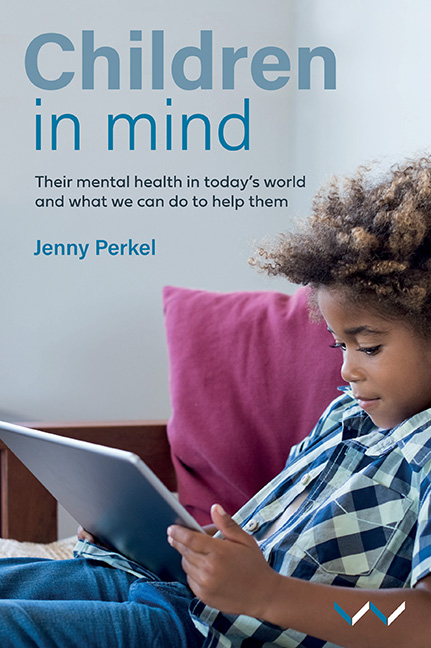8 - Socio-economic Considerations: The Gap between Rich and Poor Children
Published online by Cambridge University Press: 26 May 2022
Summary
The new field of global mental health aims at addressing the imbalance, inequity and treatment gap in mental health around the world. The study of global mental health emerges against the backdrop of major disparities between rich and poor countries in the provision of care and respect for human rights of people living with mental disorders. Low- and middle-income countries receive less than 20% of the world's share of mental health resources.
South African children are growing up in an unequal society. This is but one example of the reality that wherever in the world inequality exists, the poor face great injustice. The disparity in different socio-economic contexts often means different parenting approaches, different access to resources such as the internet and mobile phones, differences in the quality of medical care and education, as well as differences in opportunities for a range of experiences and skills. Both human immunodeficiency virus (HIV) and foetal alcohol syndrome (FAS) can be more common in lower socio-economic contexts, and many of today's children are the victims of these public health catastrophes. Research published in 2005 on one particular rural district in the Western Cape (South Africa) revealed an extremely high rate – approximately 7% – of FAS in children from that community. This condition is associated with poor growth and development, congenital facial and limb anomalies, and lower intellectual functioning. Global prevalence of HIV is high. Research published in 2013 found that India has among the highest number of AIDS orphans in the world today – estimated at two million. Children diagnosed with HIV have been found to be at higher risk for psychiatric disorders and behavioural problems, and they are faced with significant social and psychological stress.
Xanthe Hunt and Mark Tomlinson researched the effects on children whose early environments are characterised by lower socio-economic conditions. They noted that increases in early-life stressors are common under these conditions and are related to deficiencies in language skills, memory abilities and certain neurological deficits. These in turn impact on other areas of functioning as the child grows into the next developmental stage.
Hunt and Tomlinson described the developmental cascade model, in which early functioning in one domain of behaviour or emotional functioning spills over to influence functioning in other domains.
- Type
- Chapter
- Information
- Children in MindTheir Mental Health in Today's World and What We Can Do to Help Them, pp. 98 - 104Publisher: Wits University PressPrint publication year: 2022



